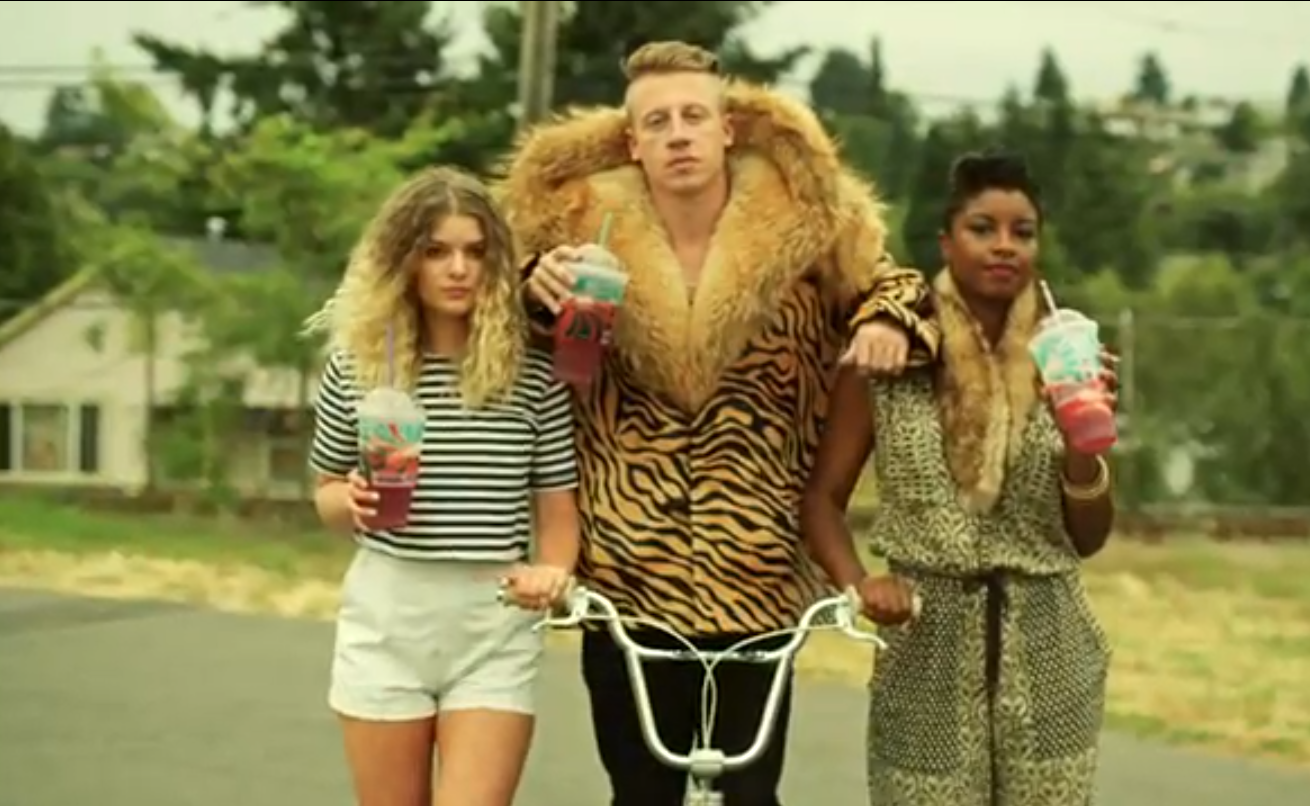 Recently there's some talk within high school sailing that's gotten me thinking about what high school sports should be focused on. The debate is on whether or not small schools should be allowed to compete in combined teams to increase their success and make them able to compete in bigger events. Some people believe these joint teams should be allowed because they give students at small schools a more equal opportunity to compete. Others don't believe joint teams should be allowed because they are unfair to the bigger schools who can field successful teams by themselves. So which one is more important in high school sports, giving every individual an equal opportunity or rewarding the "best" teams.
Recently there's some talk within high school sailing that's gotten me thinking about what high school sports should be focused on. The debate is on whether or not small schools should be allowed to compete in combined teams to increase their success and make them able to compete in bigger events. Some people believe these joint teams should be allowed because they give students at small schools a more equal opportunity to compete. Others don't believe joint teams should be allowed because they are unfair to the bigger schools who can field successful teams by themselves. So which one is more important in high school sports, giving every individual an equal opportunity or rewarding the "best" teams.As a member of one of the largest teams in the midwest, it's certainly better for me and the success of my team if joint teams are not allowed, but I also have some friends at much smaller schools. It seems somewhat unfair to me that just because of their location and the way their school is organized that they get different opportunities in competition. At New Trier, if you are one of the top sailors, you are pretty much guaranteed an opportunity to compete every weekend, but some friends from a smaller school were telling be that they are struggling to get enough people to be able to enter the next regatta.
While the current system without joint teams means I can have a lot of fun competing, thinking about it from other's perspective makes me realize that maybe it's not the best option. I think high school sports would be more fair if they focused on everyone being able to compete instead of finding out which school is the best.





